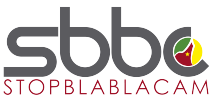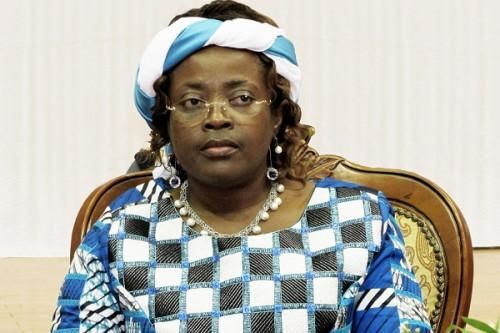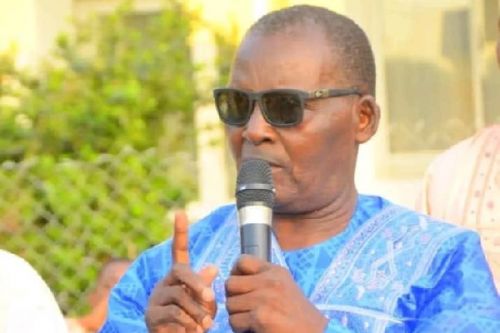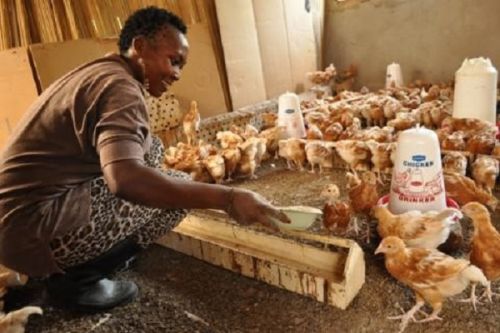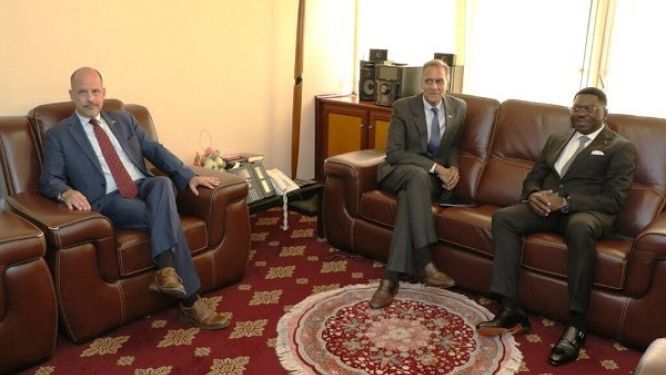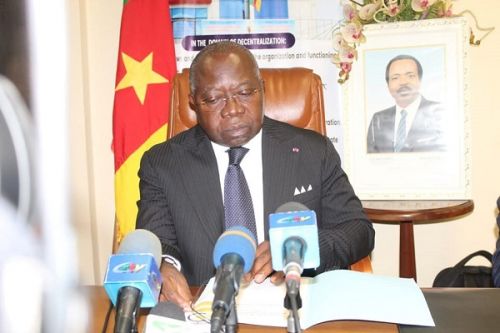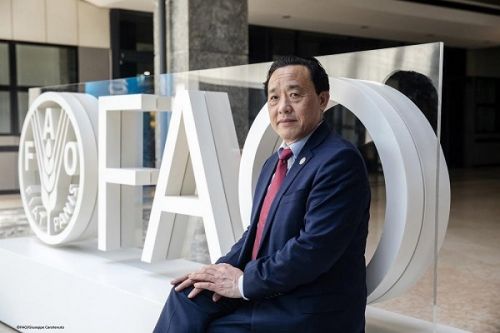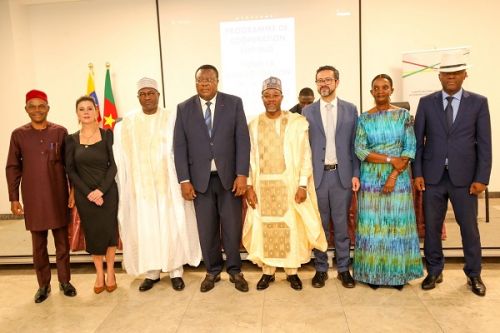Cameroon recently announced that it has hired French data collection and management firm, Arintech, to start (form October 2020) collecting the customs duties on mobile and tablets via digital means.
Indeed, according to the 2019 finance law, smartphones and tablets can be imported duty-free but the end buyer will have to pay the duties (equivalent to 33% of the product’s factory gate price) through airtime deductions.
These duties are collected by mobile telephony operators to be sent to competent customs authorities by the 15th of every month. The said operators are required to (in collaboration with competent state agencies or their representations) configure their systems so that mobile phones or tablets that have not been cleared can connect to their respective networks.
This announcement raised wide controversy online. On Twitter notably, numerous hashtags were created to denounce the measure. They are for instance #EndPhoneTax, #EndPhoneTaxBrutally, #mobiletax237, #NotoPhoneTax.
Within hours of its creation on Saturday 10, 2020, the #EndPhoneTax hashtag was used in over 13,000 Tweets. Their main target was Minette Libom Li Likeng (Minister of Posts and Telecommunications).
One of the leaders of the opposition is Rebecca Enonchong (a tech entrepreneur and founder of AppsTech). "Telecom operators will send a file with tens of millions of data to an unknown company with an unknown security mode. This company will process the data and see if each of the cell phones included has been declared as cleared. For phones without an IMEI [cell phone identification number], the company claims that it will use triangulation and other elements to create an account for it. This method is not technically reliable. This will mean that many phones that have been cleared will be omitted from the list and billed,” Rebecca Enonchong explained while worried about other issues in the implementation of this measure.
“I think there is a problem here. Why would I, the buyer who bought a new phone without knowing that it has not been cleared, pay taxes on it instead of the importer?” another user wonders.
The targetted official’s answers
This opposition forced the Minister of Posts and Telecommunications to organize a press briefing on October 11, 2020, to reassure citizens about the measure. Nevertheless, it failed to provide answers to some points (namely the reliability of Arintech, hired by the government to conduct the operation, and the regularity of deducting phone users’ airtime as payment for the said tax).
During her press briefing, the Minister explained that the Cameroonian government was caring for the protection of citizens’ data. That is why, she said, the government launched many campaigns, notably against cybercrime and for the responsible use of social media.
According to Minette Libom Li Likeng, Cameroon is not the only country to have initiated the collection of taxes via digital platforms. Without naming them, she indicated that many countries are already doing so.
Her explanations were backed by Patrice Ambassa Salla Patrice, a customs agent, and former government official. “It is a dematerialized way of collecting duties and taxes. The technological environment just makes the collection easier and slightly hurts users who used to avoid paying those taxes,” the latter wrote.
Sylvain Andzongo
